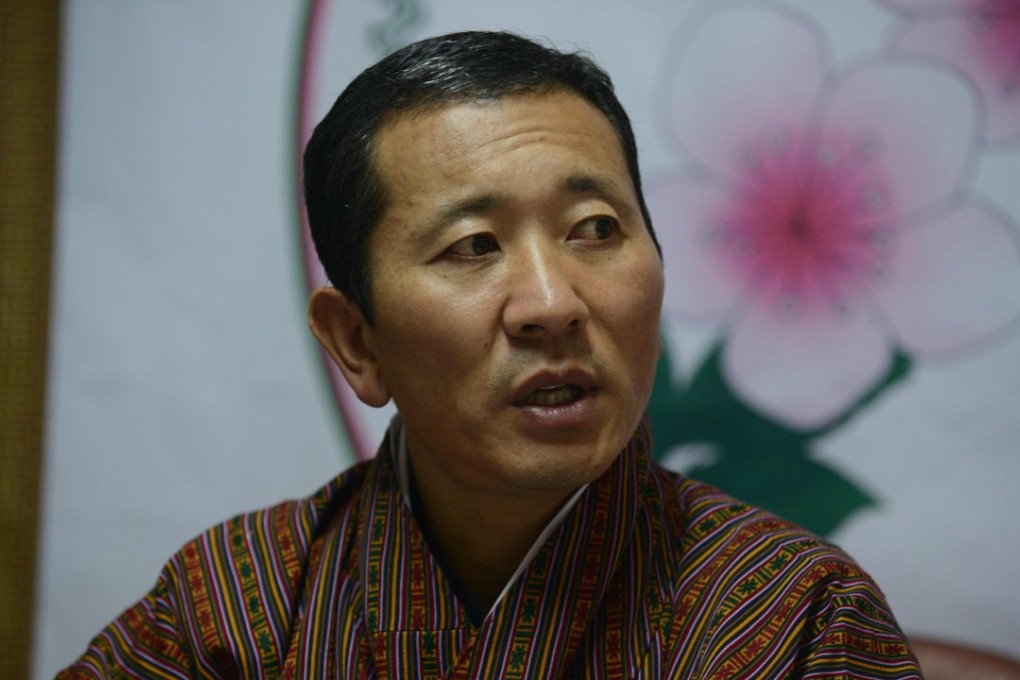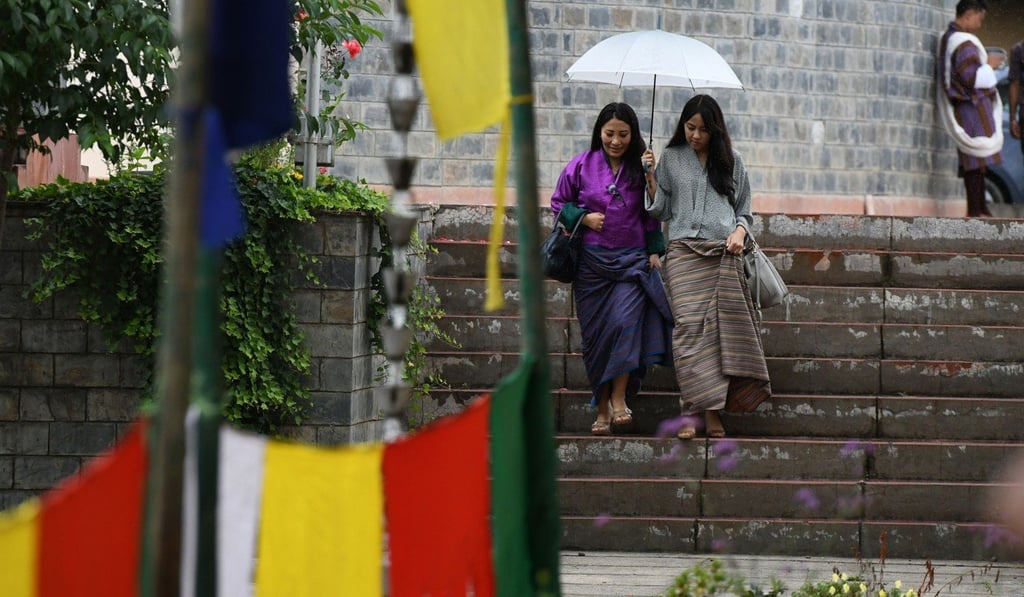Advertisement
Asian Angle | With election over, Bhutan can woo China with India’s blessing
- The Himalayan kingdom wants to reduce dependence on old ally India and establish diplomatic ties with China
- To do so, its new government faces a hard but not impossible task: solving the border dispute that led to a military stand-off in Doklam
Reading Time:3 minutes
Why you can trust SCMP

Bhutan’s latest election was fought on the domestic issues of corruption, rural poverty and income inequality, youth unemployment, external debt and criminal gangs.
Foreign and security policy issues were left out, as two of four competing parties – the centre-left Druk Nyamrup Tshogpa (DNT) and Druk Phuensum Tshogpa (DPT) – battled it out at the polls on Thursday.
The DNT, led by Lotay Tshering, a 50-year-old medical surgeon, won 30 of 47 national assembly seats. The party, with Tshering as prime minister, will now form the government, taking over from the People’s Democratic Party (PDP) that has been in power since 2013.
Advertisement
Bhutanese have sought change at each of the three elections since the introduction of democracy in 2008 – first in the polls that year, then in 2013 and last week.

Advertisement
There is also a strong undercurrent in the Himalayan kingdom for reducing its dependence on traditional ally and neighbour India and broadening its external relations. It has no diplomatic relations with China, which it shares a border with.
Advertisement
Select Voice
Select Speed
1.00x
